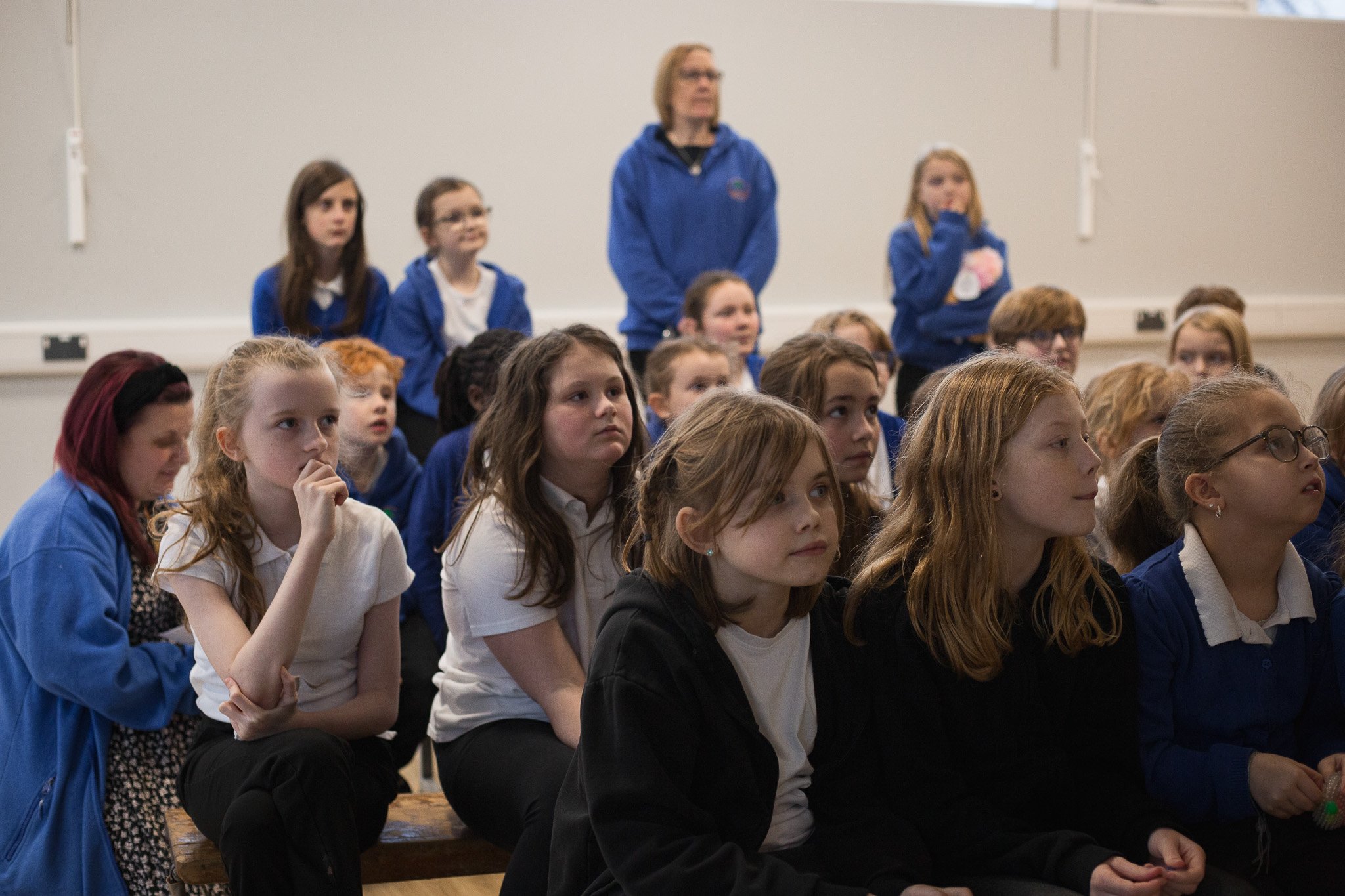
Computing
Computing is taught in either a weekly lesson or as a day-block of lessons called a Computing Day each half term. Working with technology begins in pre-school and the children’s skills are developed throughout their time at school. Lessons include a range of skills and knowledge. We also make use of our Computing skills across the curriculum. There is a focus on making the learning engaging and challenging for all learners.
Topics We Cover The Following Topics In Our Computing Lessons
Using the internet
Coding
Use and understand technology
Data Handling
Digital media
Creating and publishing
We have a team of Digital Leaders who look after the equipment we have in school and deliver Online Safety messages to their classes.
Teaching online safety at Long Lawford
Online Safety is an important part of safeguarding and our curriculum offer. Through Project Evolve we ensure that all students and staff at Long Lawford Primary are responsible online citizens both in and out of school. Everyone is encouraged to do what they can to make the Internet a better place and to make sure they keep themselves safe when using the Internet, particularly when using games, apps and websites which allow social interaction.
We also want to make sure that all pupils are accessing content and playing games which are age appropriate and ask for the help of parents with this.
You can find out a little more about this on our Safeguarding page.
Computing At Long Lawford
We want our pupils to love their experience using the equipment and taking part in their lessons. We ensure our pupils to learn the skills they need to take their learning on to the next stage of their school life through use of Purple Mash. We want our pupils to persevere and overcome the problems and challenges which come up in Computing and to prepare them for using these skills in their future roles. We want our pupils to succeed in their Computing lessons to give them the confidence to use technology in their everyday life.
Knowledge Organisers





